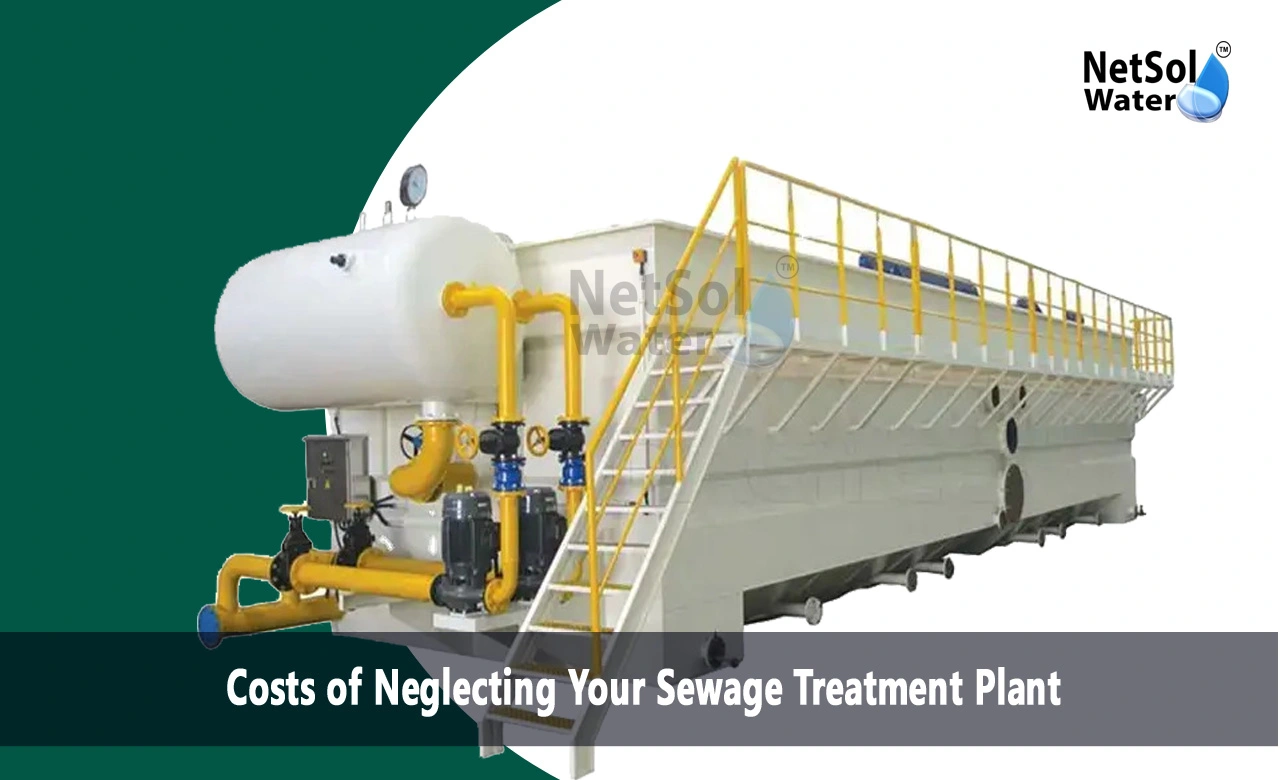Costs of Neglecting Your Sewage Treatment Plant
Sewage treatment plants play an important role in our daily lives. We often ignore their importance until problems arise.Let's discuss the sewage treatment plants and the consequences of neglecting them. You'll find it more interesting and important than you might think!
The Basics of Sewage Treatment
Before we tackle the costs of neglect, let's cover the basics. What does a sewage treatment plant do?
A sewage treatment plant cleans wastewater and household sewage. It produces safe fluid waste and reusable solid waste.
The treatment process involves several stages:
1. Preliminary treatment takes out large objects and grit.
2. Primary treatment lets heavy solids sink while oil and grease float.
3. Secondary treatment removes dissolved and suspended organic matter.
4. Tertiary treatment eliminates remaining inorganic compounds and nutrients.
5. Disinfection kills harmful microorganisms before releasing the water.
Each stage ensures the water we return to rivers lakes and oceans stays clean and safe. Now lets see what happens when we neglect these systems.
Equipment Failure and Inefficiency
Equipment failure often starts the chain reaction. Sewage treatment plants need a network of pumps filters and tanks. Without proper care these parts work less efficiently and break down more often.
A clogged filter might seem small. But it can overwork pumps reduce treatment capacity and cause system failure. Replacing a major part like a pump can cost hundreds of thousands.
Inefficient equipment also wastes energy. This raises costs and harms the environment. Well-maintained plants use less energy and produce cleaner water.
Environmental Impact
Neglect leads to environmental problems. A poorly functioning plant can't remove pollutants effectively. This releases untreated or partially treated sewage into waterways.
The effects spread widely:
· Excess nutrients cause algae blooms killing aquatic life.
· Polluted drinking water endangers humans and animals.
· Damaged ecosystems lose biodiversity.
Health Risks and Public Safety
Environmental problems create health risks. Poorly treated sewage contains harmful microbes. These can cause illnesses ranging from stomach bugs to serious diseases like cholera.
Treating these illnesses costs huge amounts in healthcare and lost work. Communities facing sewage-related health crises also suffer long-term damage to tourism property values and quality of life.
Regulatory Penalties and Legal Issues
Neglecting a sewage treatment plant often breaks laws. Most countries strictly regulate these facilities. Violations can result in huge fines legal battles and even criminal charges.These penalties aren't small. They can cost millions and sometimes shut down facilities. Fixing a neglected plant to meet standards often costs far more than regular maintenance.
Neglect also takes a hidden economic toll including:
· Lower property values in polluted areas
· Lost tourism and recreation revenue
· Higher water treatment costs downstream
· Job losses in industries needing clean water
These indirect costs often exceed direct maintenance costs.
Preventive Measures
Now that we've seen the costs of neglect lets talk prevention. How can we avoid these expensive problems?
Regular Maintenance and Inspections
Preventing neglect requires regular maintenance and inspections including:
· Routine equipment checks
· Regular filter cleaning and replacement
· Water quality monitoring
· Quick repairs
While this costs money it's far cheaper than dealing with major failures or cleanups.
Upgrades and Modernization
Wastewater treatment technology keeps advancing. Upgrading equipment and adopting new technology improves efficiency. This might include:
· Installing energy-efficient pumps
· Using advanced monitoring systems
· Adopting new treatment methods
Upgrades cost money upfront but save through lower operating costs and better performance.
Staff Training and Development
A plant works only as well as its operators. Staff training proves importance including:
· Regular safety training
· Education on new tech and best practices
· Cross-training for various roles
Well-trained staff catch problems early saving time and money.
Community Engagement and Education
Engaging and educating the community about sewage treatment pays off. People who understand these systems support funding and maintenance.
This can involve:
· Public plant tours
· School programs
· Open communication about operations and challenges
An informed community helps prevent neglect and maintain these crucial systems.
Conclusion
Neglecting sewage treatment plants costs more than money. It harms our environment health communities and future.Investing in maintenance upgrades and proper operation might seem expensive. But considering the huge costs of neglect this investment proves essential.The true cost of clean water isn't just financial – it's measured in the health of our communities.
To explore customised commercial RO plants, Industrial RO plants, ETP or STP solutions for your needs in your areas and nearby regions, contact Netsol Water at:
Phone: +91-965-060-8473, Email: enquiry@netsolwater.com



